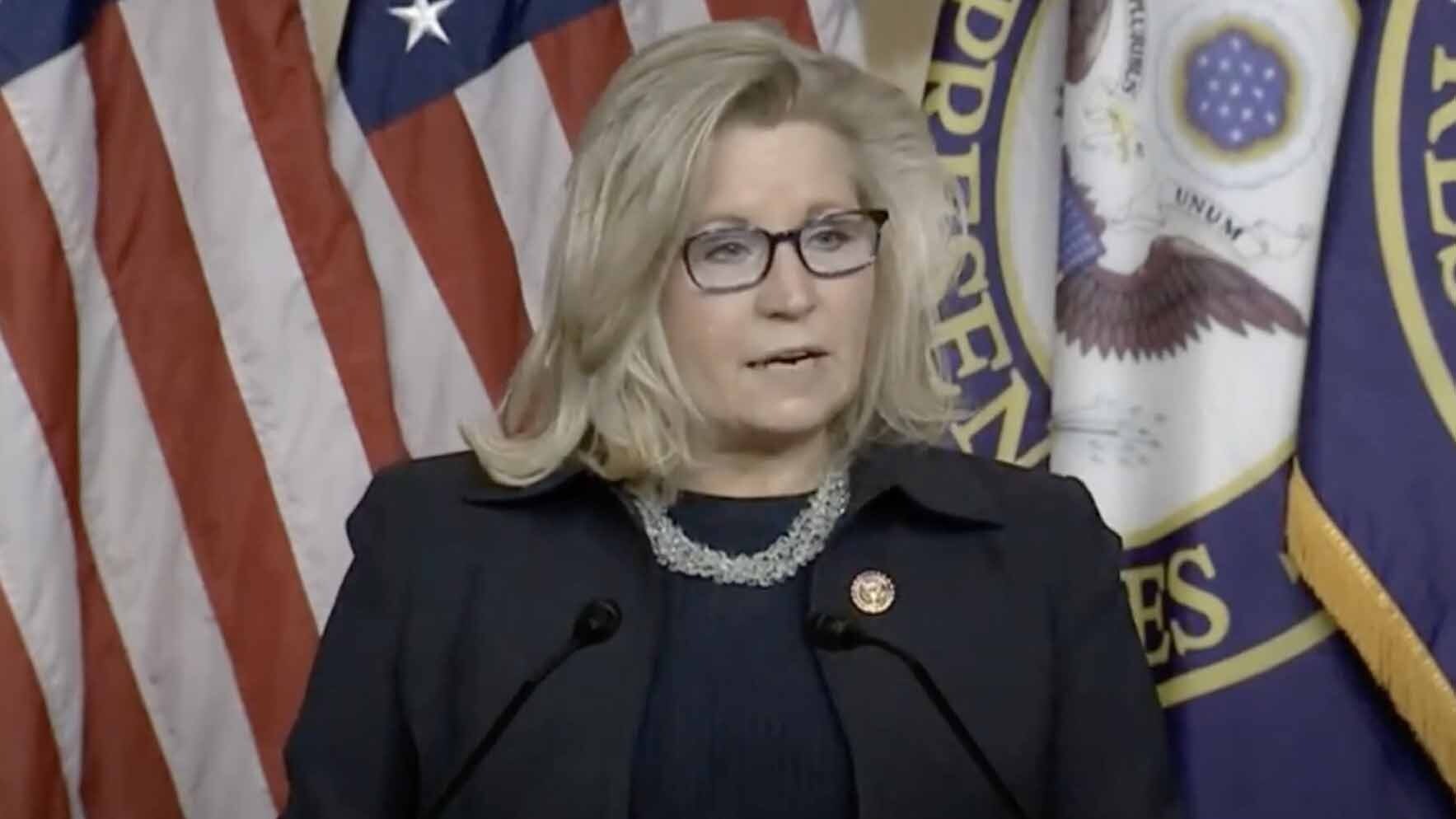Giving Congress the authority to overturn elections at the state level would allow that body to dictate to the states, U.S. Rep. Liz Cheney said Monday.
U.S. Rep. Liz Cheney, in a statement on her Facebook page, explained her decision to stand by the Electoral College’s vote confirming former Vice President Joe Biden as the president-elect.
“Congress has an important role to play in supporting states as they address election fraud,” she said. “Congress does not, however, have the authority to overturn state presidential election results by refusing to count electors and thereby substituting our views for the votes of the people in the states. Doing so would be establishing a tyranny of Congress and stealing power from the states and the people in those states.”
Cheney’s statement was posted less than a day after she denounced many of her Republican colleagues, including U.S. Sen. Cynthia Lummis for their plans to challenge the results of the Electoral College.
Eleven Senate Republicans, including Lummis, announced over the weekend they will object to certification of the Electoral College’s results until an emergency 10-day audit can be conducted of votes cast in states where some have raised questions about the legality of the elections. The Senate is to receive the Electoral College’s votes for certification on Wednesday.
Cheney said she understood many people had concerns about the election, particularly with mail-in voting.
“Since November 3, I’ve had the chance to talk with many of you about the very real concerns associated with mail-in voting and other challenges in the 2020 presidential election, and I share your concerns,” she wrote. “I think it is fundamental to the future of our electoral system that we address and reform these systems.”
She went on to praise Wyoming’s election system, which functions “fairly, efficiently and transparently,” which other states could learn from.
She added that the Republican Party prided itself for its fidelity to the U.S. Constitution.
“[Republicans] call ourselves strict constructionists, meaning that we adhere to the actual text of our founding document,” she wrote. “We do not read words or concepts into the Constitution that are not there. And we do not comply with the Constitution’s commands only when it is convenient politically.”
By objecting to the Electoral College results, this would assert Congress had the authority to overturn elections and overrule state and federal courts.
“Like all of you, I am thankful for the work President Trump and his administration has accomplished on behalf of Wyoming and our entire nation, and I am not happy about the result of the presidential election,” she said. “This vote in Congress is not about President Trump. It’s about following the Constitution and recognizing that the authority here rests with the states and the people, not the federal government.”
Cheney concluded that she couldn’t, in good faith, surrender Wyoming’s right to determine the winner of the presidential election to a future Democratic-run Congress.





